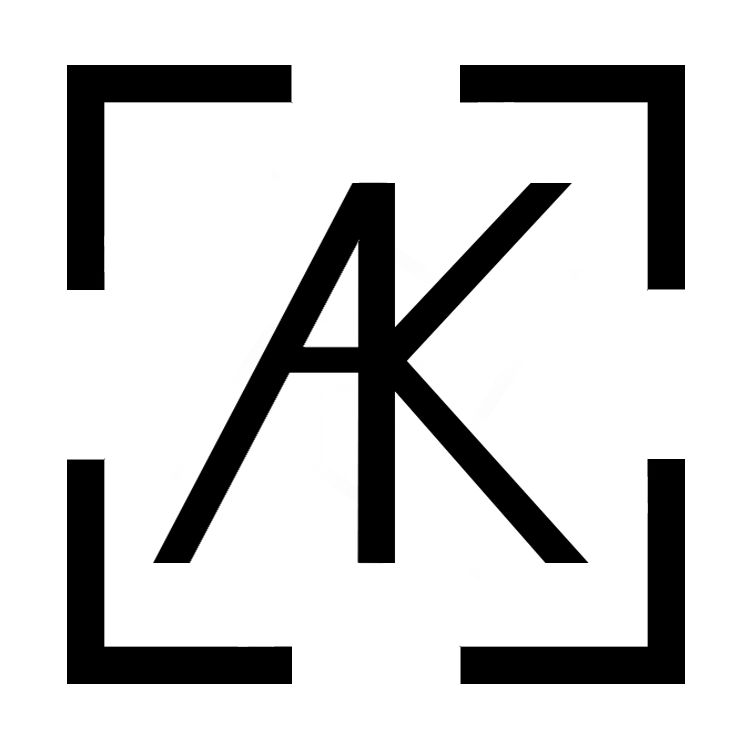10 Questions To Ask An Architectural Photographer Before Hiring
- Andrew Keithly
- May 26, 2022
- 4 min read
Updated: Jan 10, 2025
This is a follow-up article to“Questions to ask yourself when Hiring a Photographer”. You can read that article here.
Once you have your needs straightened out and have prequalified the photographer based on their style, it is time to decide if the photographer is the right fit for your needs.

1. How long will editing take?
Not knowing when you will receive the edited images is frustrating, especially if you have an approaching deadline for an awards submittal or a bid. A competent photographer will keep you informed about the retouching progress after the photo shoot.
In this industry, the turnaround on editing and delivering images is typically one to three weeks. However, it's important to note that each photographer may have their own timeline. If you are on a deadline, get a “delivered by date” written in the contract to make sure everyone is on the same page.
2. Do You Offer Cost Sharing?
Chances are, you already know that cost-sharing photography saves you money. Cost-sharing works by charging a discounted licensing fee for each additional party, then splitting the total cost of the photoshoot between all parties. The savings potential is huge, and it reduces the inconvenience for your client who only has to prepare for one photoshoot.
Various parties, including building owners, interior designers, landscape architects, contractors, consultants, engineers, and product manufacturers, may be interested in cost-sharing. Not all photographers handle cost-sharing the same way, so be sure to discuss the details upfront.

3. Insurance Coverage?
Anyone associated with the construction industry knows the importance of subcontractors having insurance coverage. If something goes wrong, insurance is crucial. Photographers are subcontractors too and should have professional and commercial liability insurance.
4. How Many Photos Will I Get?
Architectural photography requires time and meticulous attention to detail. A few images that perfectly capture the essence of your project are more valuable than lots of mediocre shots. The more images a photographer plans to capture, the less time they will have per image to focus on the details. I personally can shoot from 15 to 25 images in a day, depending on how complex the project is.
Most of the time there will be a predetermined number of images outlined in the contract. But make sure to ask, as some photographers don't specify how many images they will create.

5. What Might Cause a Price Increase?
Architectural photographers usually submit a written bid that includes project details and a breakdown of the fee. Some photographers charge per photo, some charge a flat day rate, and others break the invoice down into multiple fees to cover each individual aspect of the photoshoot.
Regardless of how they structure the cost, most architectural photographers will make sure you know exactly what you are paying for. But it is still wise to ask about potential factors that could lead to price increases, such as extra editing or additional images, to avoid surprises down the road.
A reputable photographer will only add fees if there are significant changes to the scope of work, and they will make sure you know what the scope of work covers before you sign the agreement.

6. What Are the Licensing Rights?
Architectural photographers typically retain the copyright of their images, and instead grant a license to use the images based on each company’s needs. This is a long-standing tradition in the field, and it is why architectural photography is more cost-effective than other types of commercial photography.
There are common standards for image licensing in the world of architecture photography, but you should always review the contract. Usually, architectural photographers provide a generous license that covers most uses except advertising. Giving credit is typically required, especially on social media and editorials/awards submittals.
However, keep in mind that licensing rights may have expiration dates, region-of-use limitations, or separate fees for digital and printed use, similar to regular commercial photography.

7. Backup and Storage of Images
It is essential to ensure that the photographer has a reliable backup system and secure storage for the images. Ask about their data management practices and how long they retain the edited photos in case you need to redownload them in the future. (It also is a good idea to have multiple backups of your own!)
8. Testimonials and References
Ask the photographer if they can provide testimonials or references from previous clients. This will give you insights into their professionalism, and client satisfaction. This aligns closely with question 3 from the previous article which you can read here. Just because they create incredible images, doesn't mean they are reliable, or are the best fit for you.
9. What About Additional Services?
Lastly, inquire about any additional services the photographer may offer, such as videography, or printing ultra-high-quality wall art. Films can showcase the essence and style of a building project in a unique way, and have a much higher engagement rate than photos or blocks of text. Learn more in this article about the benefits of video for architects and interior designers.
Here is an example video I created for a local architect:



Comments